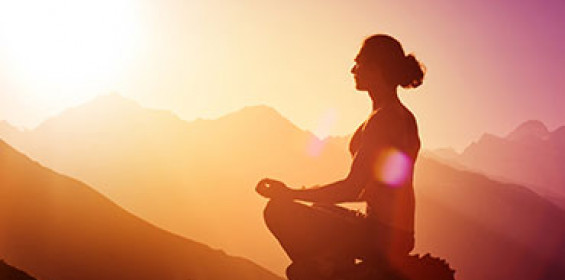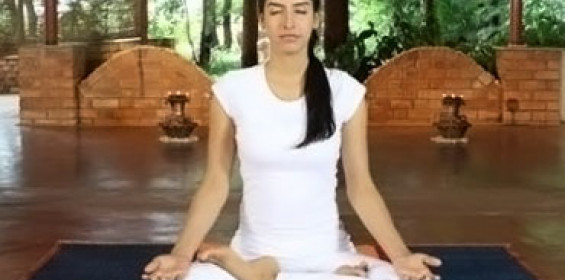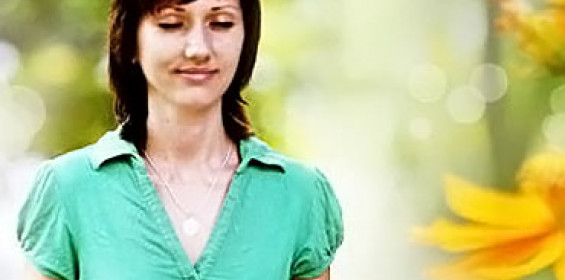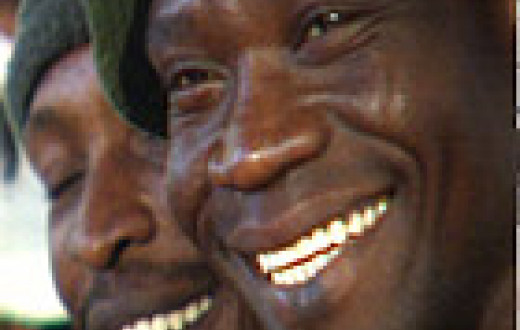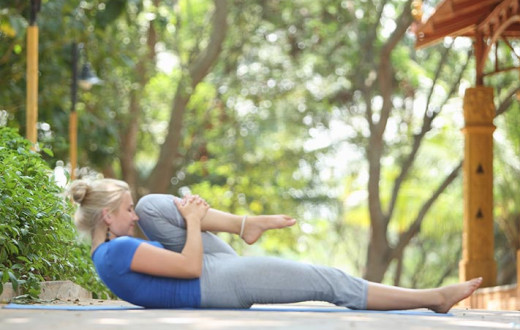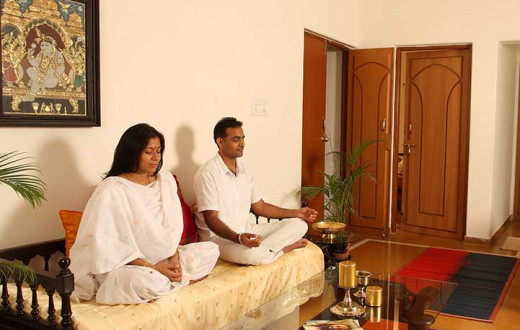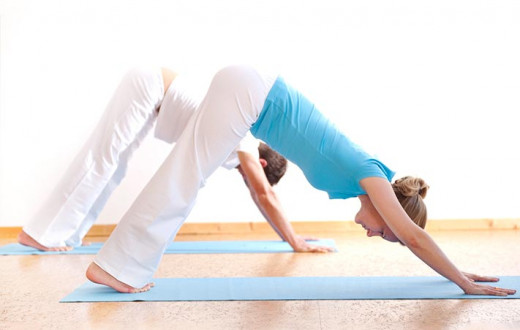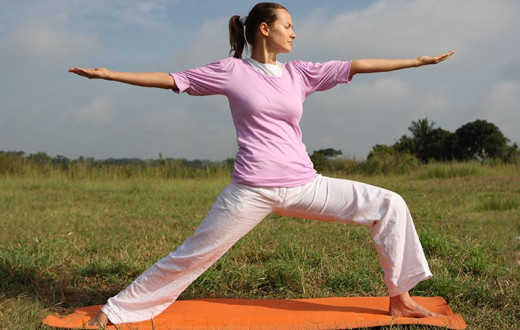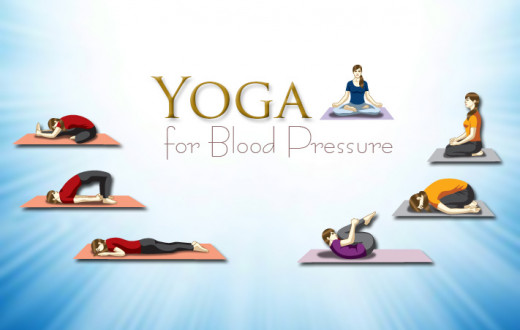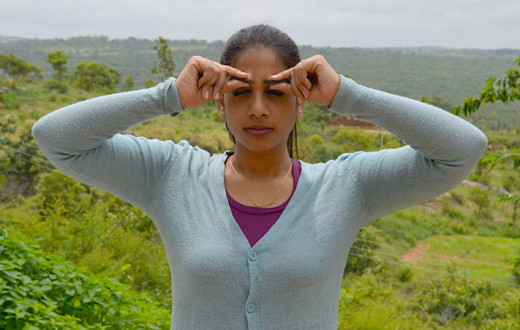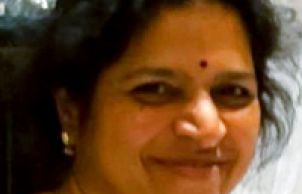
“If I want to spread peace to Japan earthquake victims I am working with, I need to be peaceful myself, but how?” This question led her to learn meditation 15 years ago. And today she believes that her regular practice of meditation has made her a better person.
Neela Srinidhi, a dynamic Indian, has been teaching meditation to people in Japan for the last 8 years. She feels that meditation truly compliments our daily activities. She has also taught meditation to Tsunami victims there, and has seen an immense transformation in them. She leaves us with a message, “Lots of people are under the illusion that only more money, a great job is equal to a happy life but what do not realize is that spiritual practices like meditation add another dimension of happiness to their lives. “
In Conversation with Neela Srinidhi…
Q-1 You have been practicing meditation for the last 15 years; how did you get introduced to meditation? And what has been your journey like from being a non-meditator to a meditator?
I have realized that we all can give people only what we have.
Meditation is so relevant in daily life; for instance, if we want to give happiness to our children, we need to be happy ourselves, and for that we need to drop our stress. And meditation makes us stress-free!
Actually, many years ago, Japan had been hit by a massive earthquake and I was volunteering to help the victims. But what I realized was that my own state of mind was very badly affected by the earthquake and the disaster it brought. My own mind was so disturbed that I was not able to do what I intended to; I did not feel strong enough to help people. I knew if I needed to spread peace, I needed to be peaceful myself.
That’s when I got introduced to meditation. And it brought a big transformation in the way I felt and my state of mind. Of course, with regular practice, the transformation started becoming more evident. But even when I went back to voluntary service immediately after learning meditation, the way I dealt with the earthquake victims was so different. I was more centered and was able to do more for people I was helping.
I have realized that we all can give people only what we have. At that time, when I needed to spread peace among victims, I needed to be peaceful myself. That’s what meditation gave me. Meditation is so relevant in daily life; for instance, if we want to give happiness to our children, we need to be happy ourselves, and for that we need to drop our stress. And meditation makes us stress-free!
Q-2 Could you talk about the transformation you have seen in yourself in the past 15 years?
Lots of people are under the illusion that only more money, a great job, is equal to a happy life.
What they do not realize is that spiritual practices like meditation add another dimension of happiness to their lives.
It was only when I started meditating I realized that life has so much more to give. The kind of contentment I started experiencing for whatever I was doing was tremendous. Obviously, this did not mean I was no longer ambitious, but just that I was more satisfied with my life.I have always been a career women, looking for challenging opportunities at work that would ensure my growth and enable me to have more money, a better position, and more power. And like most people, I misunderstood these things to be the only means to happiness in life.
Lots of people are under the illusion that only more money, a great job, and so on is equal to a happy life.
What they do not realize is that spiritual practices like meditation add another dimension of happiness to their lives because meditation complements whatever you do in your daily life.
Q-3 Meditation complements whatever you do in your daily life, could you elaborate a little more on this?
It’s true, because whatever we do normally at home or at work is mostly logical (thinking, decision making, and so on), which is a left-brain activity. We can do better if we can have a balance between the activities of the right and left brain. And this is where meditation comes in.
Also, it does not matter whether you are someone doing a job, running a business, or a housewife, meditation will definitely add value to your life. For instance, a housewife has to take decisions just as a person at work has to, so meditation helps both. It makes you peaceful, which gives you clarity of mind and better decision-making ability.
Ask yourself, “Would you not like to be a better wife or husband or a better person; would you not like to handle life better; would you not like to perform better at work; and would you not like to have better, more fruitful relationships?”
Gurudev Sri Sri Ravi Shankar says, “Consider your one foot represents materialistic happiness and the other represents practices like meditation. If you are running behind only materialistic happiness, it’s like standing on one foot, so how long can you keep standing on one foot? To have balance, you need to have both feet on the ground. And that’s what you do when you meditate along with doing what you do, such as a job or business.
Q-4 You have been teaching courses in Japan; how have the experiences of the people there been?
Japanese people really work a lot; sometimes so much that their families becomes second priority. So when such people experience meditation, they really feel the difference. It’s like drinking a glass of cold water on a hot sunny day; it’s so refreshing and rejuvenating for them.
In fact, when I conduct meditation courses in Japan, I purposely conduct them during weekdays because they have to come from work. And I want them to experience deep relaxation amidst their busy schedule, because that’s when they need it the most. I want them to experience the difference meditating twice a day has on their performance during the day. The difference becomes more evident to them when they experience meditation during weekdays.
Q-5 You have taught meditation as a part of trauma-relief programs to tsunami victims. Could you also talk a little about their experiences?
It’s not that if you meditate, you will not face challenges. Challenges are a part of life, but meditation makes you so strong from within that you get the ability to face these challenges.
Trauma is basically a very strong impression that lingers at the subconscious level and bothers you. And meditation really helps there.
We have had amazing experiences with soldiers who have been fighting wars and come back with very deep mental trauma or victims of natural disasters like tsunami; when we take them through the meditation sessions, there is a brightness that comes up in the face. And the confidence that comes up from within that says, “Yes we can face this”; they are able to handle their situations in a better way. Some people shared that they smiled after so long.
It’s not that if you meditate, you will not face challenges. Challenges are a part of life, but meditation makes you so strong from within that you get the ability to face these challenges.
Q-6 Since you have been teaching Sahaj Samadhi Meditation courses, could you talk a little about this meditation program and why it is so different from other meditation programs?
As the name Sahaj (meaning “simple”) suggests, Sahaj Samadhi is basically a simple mantra meditation technique that is also very powerful. That’s what makes it so unique. We logically feel that what is powerful has to be very hard to learn, and what is simple to do is probably not so profound. But Sajah Samadhi is very powerful yet simple.
Another point is that many people think meditation is concentration. Sahaj is totally different. If you observe, concentration requires effort, but Sahaj Samadhi meditation is totally effortless. It does not require you to concentrate anywhere; simply sit with your eyes closed and take the mantra. And that’s another factor that makes it unique – anyone can do it so effortlessly.
Q-7 Would you like to give our readers a message?
Well, I’d like to say if meditation can provide so much relief for trauma victims, it can definitely add a lot of value to your life. And then again I would ask, would you not like to be a better person and to do better in whatever you do in your day?
I would like to invite all of you reading this interview to come and join an Online Guided meditation. Come and experience deep inner peace with a 20-minute meditation. In fact, once you have meditated, please also share your experience with us.
Simply click on the above link to turn on the guided meditation.
1 – This online meditation is free
2 – It does not require you to concentrate anywhere; simply sit with your eyes closed and relax for 20 minutes.
Interview taken by Divya Sachdev

